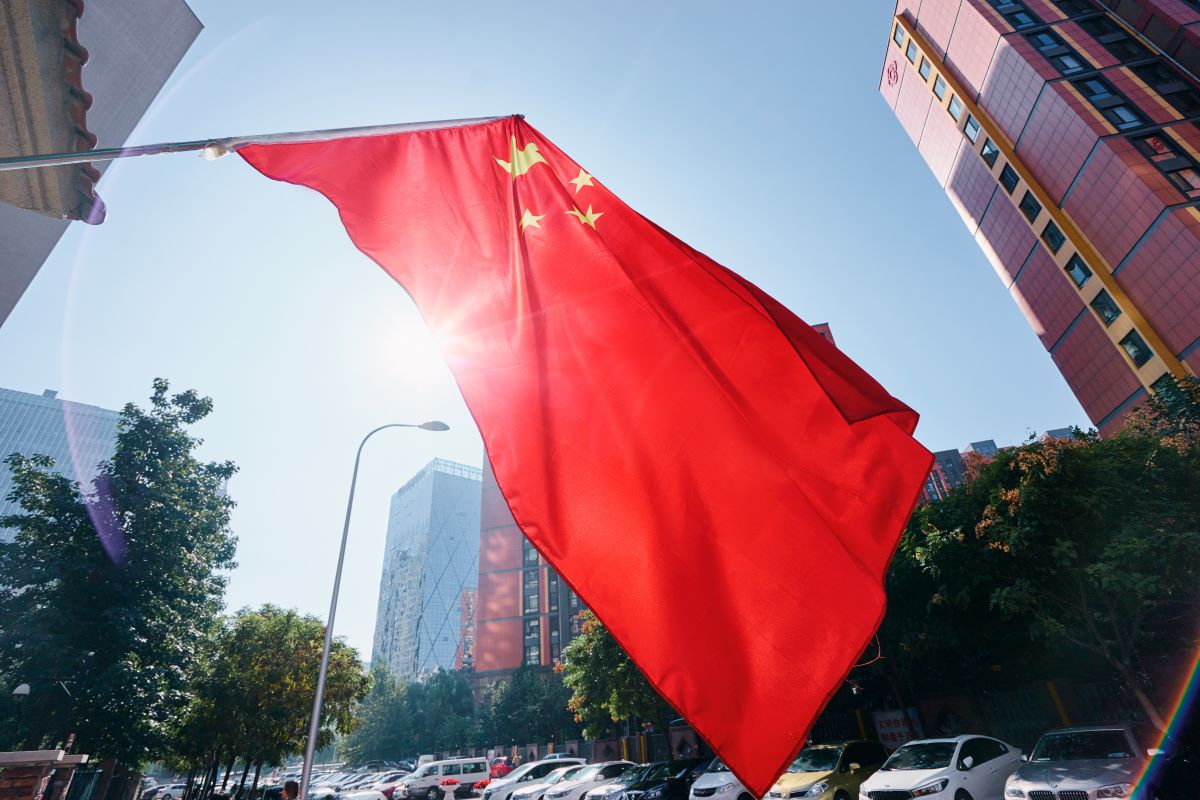China’s local government debt has emerged as a critical issue impacting the nation’s economic landscape and financial stability. With debt levels in local-government financing vehicles (LGFVs) surpassing $9 tn, local governments are grappling with the need for extensions and interest rate cuts to meet their financial obligations.
In 2023, the local government debt from LGFVs has reached a record high, amounting to 66 tn yuan ($9.5 tn), equivalent to half of the country’s economy, as per the IMF. This substantial debt burden puts into question China’s recovery from a real estate debt crisis, as well as the impact on land sale income and developer defaults. According to recently released government data, real estate development investments declined 7.9% in the first half of 2023.
Additionally, the Chinese LGFVs face a significant maturity of approximately $790 bn in onshore bonds this year, the highest since 2021, as per Fitch Ratings. This raises concerns about their ability to repay debts and the potential impact on the banking sector.
“Chinese banks face growing pressure on asset quality and profitability from their exposure to local-government financing vehicle (LGFV) debt in the next year or two…we expect the impact on banks’ financial profiles to vary across the sector, as small regional Chinese banks in weaker provinces will be more vulnerable,” said Fitch Ratings.
“Bank loan restructurings of LGFV debt are likely to rise, particularly in the 10 provincial-level regions we identified as the most vulnerable to refinancing pressure. We believe Chinese authorities may consider such restructurings as an option to ease weaker LGFVs’ liquidity and avert defaults on public bonds,” the agency added.
Investors cut China’s local government debt tenors
Investors in the nation’s LGFVs have chosen to shorten the amount of time they are willing to extend credit as pressure on China’s local government debt securities keeps increasing.
Bloomberg reports that the tenor for the nation’s LGVs decreased from 2.95 years in 2022 to 2.51 years in the first half of 2023, making it the shortest length since data tracking started in 1999. In addition, the average coupon rate for LGFVs increased sharply from 3.94% in 2022 to 4.39% in the first half of 2023.
Furthermore, after conducting a review, the $400 bn Chinese state pension fund known as the National Council for Social Security Fund urged asset managers to sell risky bonds, notably those issued by LGFVs and private developers.
Faced with this chronic debt crisis, China’s banks are now granting local government financing vehicles loans with ultra-long maturities and temporary interest. Banks such as Industrial & Commercial Bank of China Ltd. and China Construction Bank Corp. have begun to increase the number of loans maturing in 25 years.
“Analysts we follow say this just shifts problems to banks…but they (Chinese banks) have a long history of being a government mechanism used to backstop, bail out and write off bad debts—in an orderly way, taking years if needed to unwind them…Conversely, it appears Chinese banks’ (potential loan) loss could be LGFVs’ gain,” said Fisher Investments.
“LGFV credit spreads—a measure of the market’s perceived default risk—have narrowed this year. Whilst this could change, it is also worth noting that no LGFV has defaulted on its public bonds so far, though some have restructured their terms,” they added.


 Australia
Australia China
China India
India Indonesia
Indonesia Japan
Japan Malaysia
Malaysia Philippines
Philippines Singapore
Singapore South Korea
South Korea Taiwan
Taiwan Thailand
Thailand Vietnam
Vietnam







